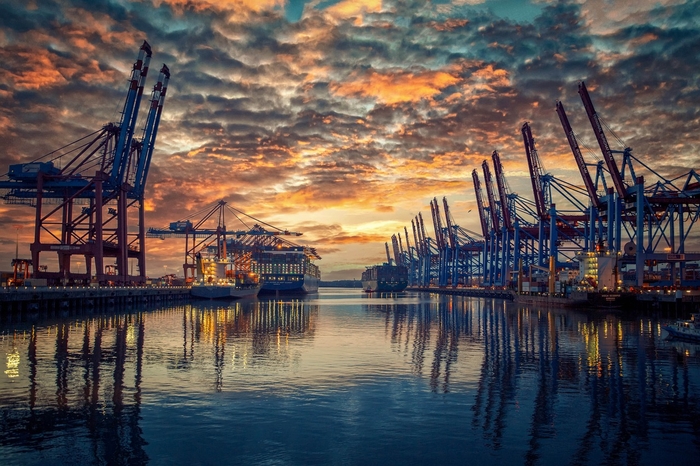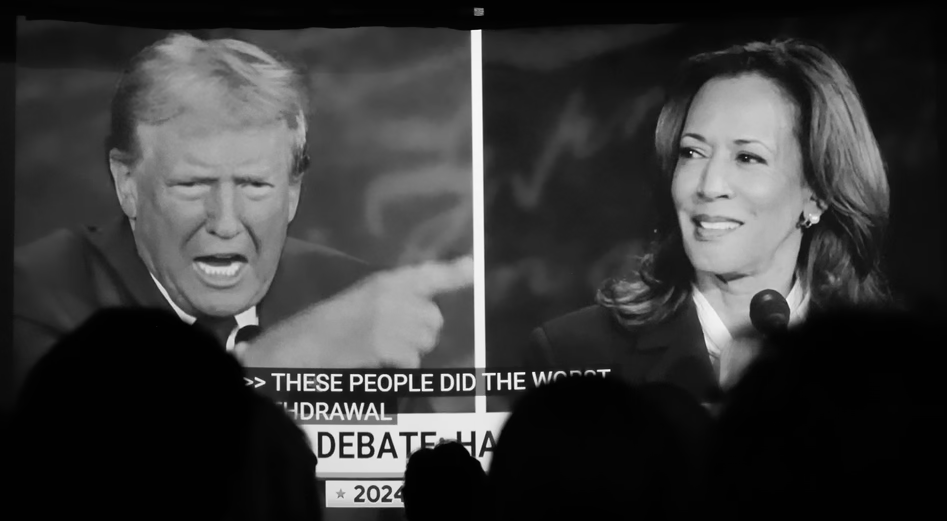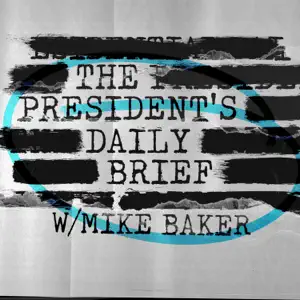
Time to end secret data laboratories—starting with the CDC
The American people are waking up to the fact that too many public health leaders have not always been straight with them. Despite housing treasure…
Thought Leader: Marty Makary

“China is running the Panama Canal, and we didn’t give it to China, we gave it to Panama. We will get it back.” President Donald Trump declared war on the 20th (local time) in his inaugural address as the 47th U.S. president, calling for the return of the canal to Panama. “U.S. ships are severely overcharged and are not being treated fairly in any way or form,” he said.
President Trump is focusing his firepower on Panama from the beginning of his inauguration because Panama is an important sea route for the United States from the perspective of logistics and supply networks, although there are political reasons to check China and prevent illegal immigration. The Panama Canal is a key passage between the Pacific and Atlantic Oceans, and more than 14,000 ships and 40% of U.S. container ships pass every year.
Already, the Panama Canal has emerged as a major variable in global supply chain shocks. The worst drought in 2023 has reduced the number of canals passing vessels by 30% in seven months. For ships to pass through, a huge amount of rainwater needs to flow in, and droughts have left ships stranded at both ends of the canal and floating in the Atlantic and Pacific oceans.
Supply chain disruptions immediately increase logistics costs and increase product prices. It’s putting the world in an inflationary swamp. Korea is also the fourth country that uses the Panama Canal the most. In other words, the conflict over the Panama Canal could be a big variable for the Korean economy.
The new book “How the world is out of everything” suggests that supply chain shocks triggered by the COVID-19 pandemic and the war in Russia and Ukraine will accelerate in the Trump 2.0 era. It deals with how supply chain disruptions occurred at the time of COVID-19 and supply chain reorganization such as reshoring (production plant relocation in Korea).
Peter S. Goodman, a veteran New York Times economic reporter, vividly captured the “stories of people” who run on the front lines of the supply chain, traveling from Ningbo Port in China to various parts of the United States and South America.
A supply chain is a system that not only circulates goods, but also a network of connecting points that connect factories and consumers, including ships, trucks, and logistics warehouses. Throughout the COVID-19 lockdown, the fact that “too much stuff is coming in from China” has been deeply imprinted in the minds of “consumerism” Americans.
This is because all areas of the company and government, ranging from essential goods such as food to exercise equipment, toys, and various electronic products chips, felt the reality of supply chain disruptions. What was more surprising was the uncomfortable truth that no one controlled the global supply chain.
The book delves into why the supply chain has become so complex, expanded, and concentrated in one country, China. China’s factory was not only offered a low price for it to become a “factory of the world.” This is because he had manufacturing know-how and was rich in all parts and raw materials. In particular, most of the factories built in China were often established with investment from multinational companies.
Multinational corporations and their shareholders pocketed a large portion of their profits. Corporate managers’ consideration of financial interests to satisfy Wall Street investment banks by inflating their balance sheets and boosting stock prices as much as possible has led to China-centered globalization.
The author points out that Toyota’s “just in time (JIT)” production method, which was introduced in earnest in the 1970s, also contributed to supply chain instability. This is a system that allows manufacturers to receive only the quantity of parts from parts makers when they need them so that they are out of stock. JIT has been the driving force behind Toyota’s growth for decades and has been benchmarked by many automakers and global companies.
When the global economy faced the pandemic, there was little room for emergencies. This is because stacking large amounts of parts and raw materials in warehouses, captured by the results of the revolution called JIT, was a waste of time, space, and money. As a result, as soon as the factory in China was shut down, a shortage of goods occurred immediately. This is because the stock has already been ‘lean’.
With the launch of Trump’s second term, the global supply chain centered on China is expected to collapse faster. The rules are constantly changing. The pace of change is so fast that it is even more difficult to maintain a competitive advantage.
In a preface to the Korean version, the author points out that it is unclear whether Hyundai Motor’s new plant in Georgia (Hyundai Motor Group Metaplant America) will be recorded as a smart investment or will remain a lesson that it is difficult to predict what will happen in the future.
It seems wise to build a factory in the U.S. due to “tariff man” Trump, but the abolition of “mandatory electric vehicles” is likely to abolish subsidies, and the imposition of tariffs on Mexican imports will make it difficult to procure parts and raw materials for Georgia plants.
It is difficult to predict how the Trump 2.0 era will impact already fragile global supply chains. What is certain is that uncertainty has risen even further. Reorganizing the supply chain to prevent a recurrence of supply chain disruptions is a key task for the Korean economy, a manufacturer and importer.
Time to end secret data laboratories—starting with the CDC
The American people are waking up to the fact that too many public health leaders have not always been straight with them. Despite housing treasure…
Thought Leader: Marty Makary
David Frum: How Harris Roped a Dope
This piece is by WWSG exclusive thought leader, David Frum. Vice President Kamala Harris walked onto the ABC News debate stage with a mission: trigger…
Thought Leader: David Frum
Michael Baker: Ukraine’s Faltering Front, Polish Sabotage Foiled, & Trump vs. Kamala
In this episode of The President’s Daily Brief with Mike Baker: We examine Russia’s ongoing push in eastern Ukraine. While Ukrainian forces continue their offensive…
Thought Leader: Mike Baker

